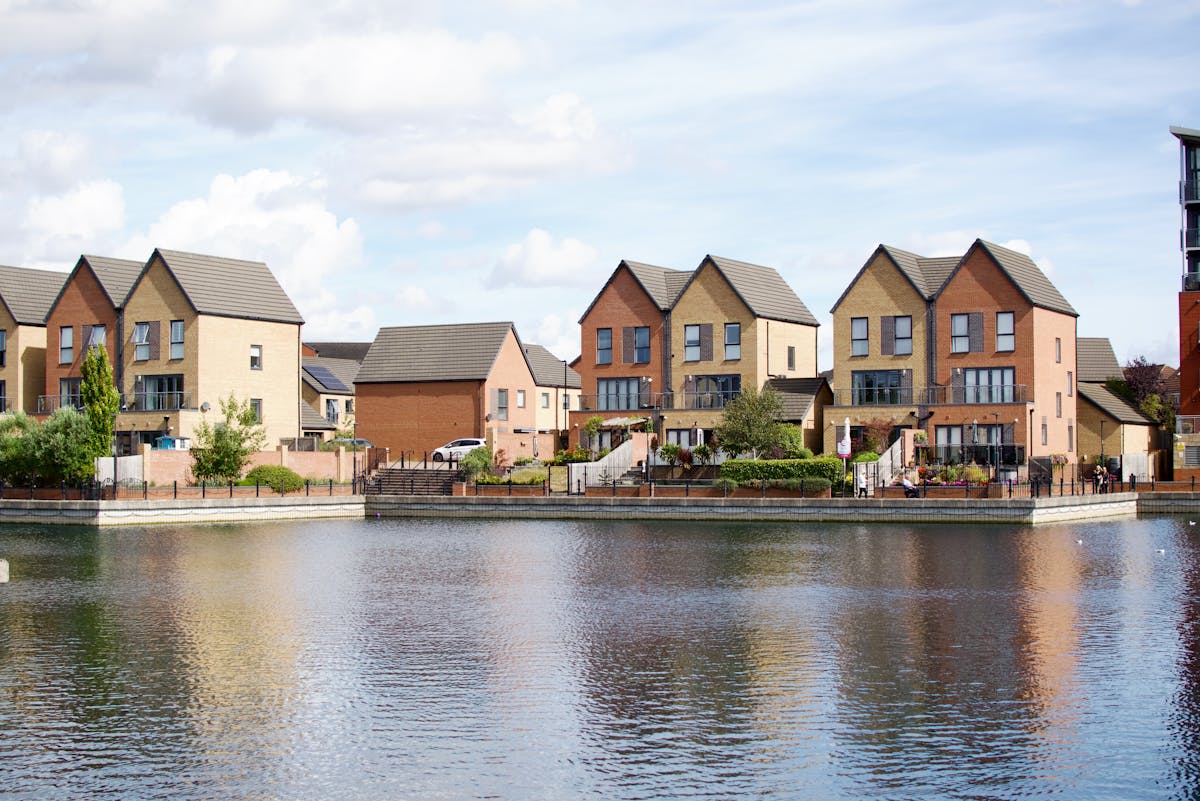Navigating the intricacies of real estate can be particularly challenging in unique markets like Hawaii, where leasehold properties present a distinctive set of considerations for potential buyers. Unlike traditional fee simple ownership, where one holds full title to the land, leasehold arrangements involve leasing the land from a lessor, often for extended periods, sometimes up to 99 years. This article aims to demystify the concept of leaseholds in Hawaii, providing a comprehensive guide for buyers who are considering this option. We will explore the fundamental mechanics of leasehold agreements, the advantages and disadvantages they entail, and the specific legal frameworks governing these transactions in the Aloha State. Additionally, we will delve into crucial factors such as lease terms, renewal options, and the impact of leasehold ownership on financing and resale value. Understanding the nuances of leasehold properties is essential for making informed decisions in Hawaii’s dynamic real estate landscape. Whether you’re a first-time homebuyer or an experienced investor, this guide will equip you with the knowledge necessary to navigate the complexities of leaseholds effectively, ensuring that your investment aligns with your long-term goals in this beautiful paradise.
Understanding Leasehold Agreements in Hawaii
Leasehold agreements in Hawaii represent a unique aspect of real estate ownership, distinct from traditional freehold ownership. Under a leasehold arrangement, a tenant acquires the right to use and occupy a property for a specified period, which can range from several decades to over a century, while the underlying land remains owned by a lessor. This relationship can create both opportunities and challenges for buyers, particularly in understanding the terms of the lease, including rental payments, property maintenance obligations, and the rights upon lease expiration.
In Hawaii, where land is often leased rather than sold outright, many prospective buyers inquire about how do leaseholds work in Hawaii to navigate this complex market. It is crucial for interested parties to assess the lease terms, potential appreciation or depreciation of leasehold properties relative to freehold options, and the implications for future resale. Additionally, buyers should consider local market trends and the potential for lease renegotiation, as these factors can significantly affect long-term investment value and ownership experience.
Key Differences Between Leasehold and Freehold
Leasehold and freehold ownership represents two distinct approaches to real estate in Hawaii, each with unique implications for buyers. Freehold ownership grants the buyer complete control and title over the property and the land it occupies, offering long-term security and the ability to build equity. In contrast, leasehold arrangements limit ownership to the structure while the land remains under the control of the lessor, meaning that buyers must navigate various terms outlined in the lease agreement, including duration and renewal options. This distinction can significantly impact the property’s market value, as leasehold properties often have a finite lifespan tied to the lease term, which can lead to challenges in financing and future resale.
Understanding these differences is essential for anyone considering how do leaseholds work in Hawaii, as the implications of choosing one over the other can affect not only financial investment but also property rights and responsibilities. Leasehold buyers may encounter additional stipulations regarding maintenance and potential rent increases as the lease approaches its expiration, which are not concerns for freehold owners. Therefore, comprehensive due diligence is necessary to ensure that prospective buyers make informed decisions that align with their long-term goals.
- Can foreigners legally own property in Phuket?
- Malta Real Estate Decisions: What to Know Before You Sign
Important Considerations for Leasehold Buyers
When evaluating a leasehold property in Hawaii, buyers should pay close attention to the specific terms of the lease agreement, including its duration, renewal options, and any associated fees. The remaining term of the lease can significantly influence the property’s value and marketability, as homes nearing the end of their lease may depreciate in worth. Additionally, understanding the lessor’s responsibilities and the terms governing maintenance and repairs is crucial. Buyers must also consider the potential for lease renegotiations or extensions, which can create uncertainty in long-term ownership plans.
Another critical factor involves financing; not all lenders are willing to finance leasehold properties, and those that do may impose stricter conditions. This aspect can complicate the purchasing process and limit options for buyers relying on financing. Furthermore, prospective buyers should perform due diligence on the lessor’s financial stability, as well as any existing restrictions or obligations that could affect their use of the property. In light of these considerations, a thorough understanding of how do leaseholds work in Hawaii is vital for making an informed investment decision.
In conclusion, understanding leaseholds in Hawaii is essential for prospective buyers navigating the unique landscape of this real estate market. As we have explored, leasehold properties offer both opportunities and challenges that differ significantly from freehold ownership. Buyers should carefully consider factors such as lease duration, rental terms, and the potential for property value fluctuations over time. By conducting thorough due diligence and engaging with knowledgeable real estate professionals, buyers can make informed decisions that align with their long-term goals. Ultimately, with the right approach, leasehold properties can represent a viable path to owning a piece of paradise in Hawaii.



































